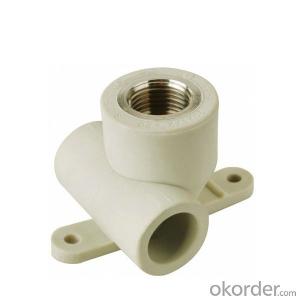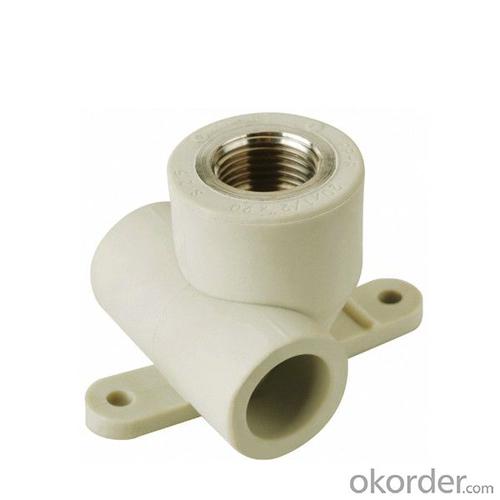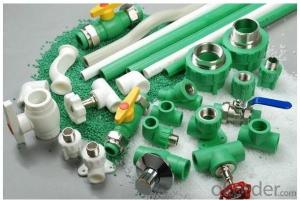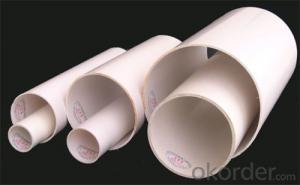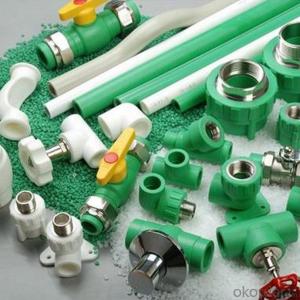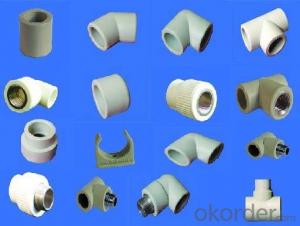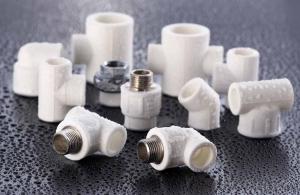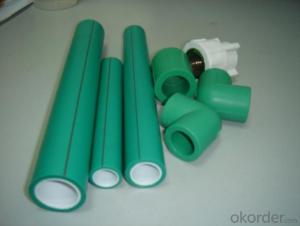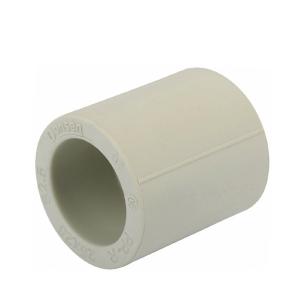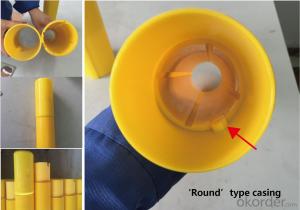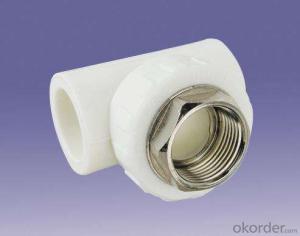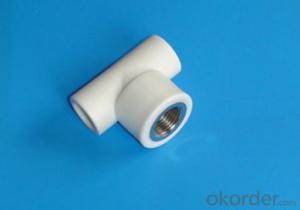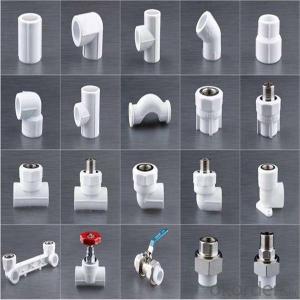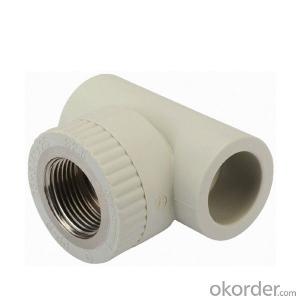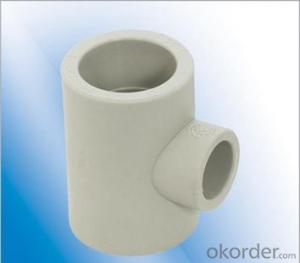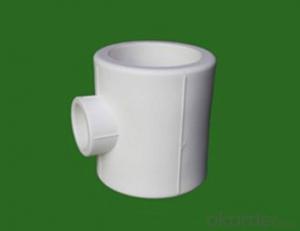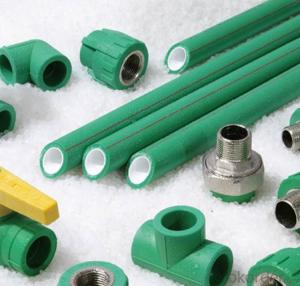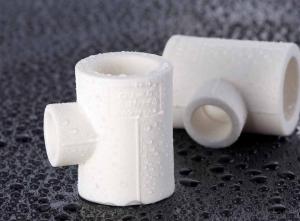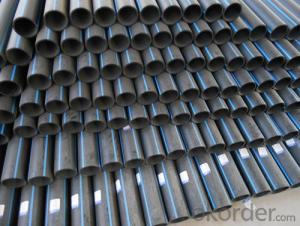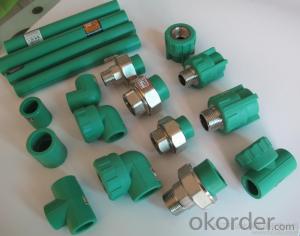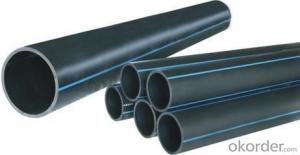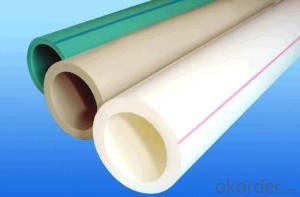Small Plastic Pipe Fittings PPR Pipe Three Tee Fitting for Landscape Irrigation with High Quality
- Loading Port:
- Tianjin
- Payment Terms:
- TT OR LC
- Min Order Qty:
- 1000 pc
- Supply Capability:
- 100000 pc/month
OKorder Service Pledge
OKorder Financial Service
You Might Also Like
Quick Details
Material: Plastic
Technics: injection
Place of Origin: China (Mainland)
Connection: Welding
Head Code: round
Color: white
Packaging Details: PE bag and carton
Delivery Detail: 30 Days
Main Product Features
Large drum hub to maximize cable life
Self-activating automatic brake hold the load securely when crank handle is released
With cable or strap
Safety guard cover available
Top quality with competitive price
Widely used in the double beam bridge crane and gantry crane
Easy to install and high quality
Compact structure and reasonable design
Specification:
Standard: ISO
Color: many colors
Product name: Plastic Pipe
Application: house and garden
Certification: ISO Certificate
Size: Customized Size
Type: Round Pipe
Product Description
Product name | Size | Weight | Pack |
Equal tee | (Gram/m) | (m/pack) | |
T16 | 12.5 | 1300 | |
T20 | 19.4 | 800 | |
T25 | 30.5 | 450 | |
T32 | 48.2 | 260 | |
T40 | 90.8 | 150 | |
T50 | 142.5 | 106 | |
T63 | 275.3 | 54 | |
T75 | 515.0 | 30 | |
T90 | 712.0 | 18 | |
T110 | 1082.0 | 12 | |
T125 | 1544.0 | 8 | |
T160 | 2531.0 | 4 |
Product Show
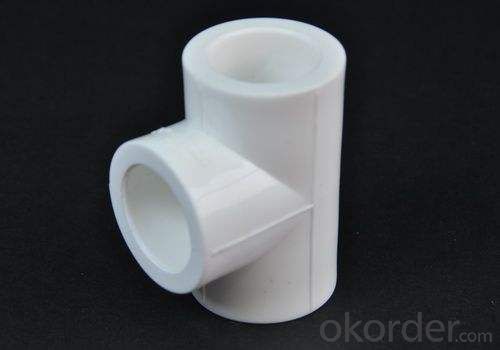
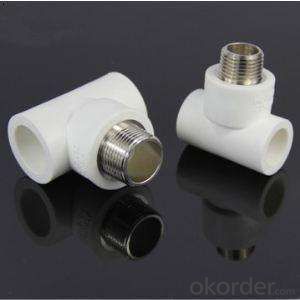
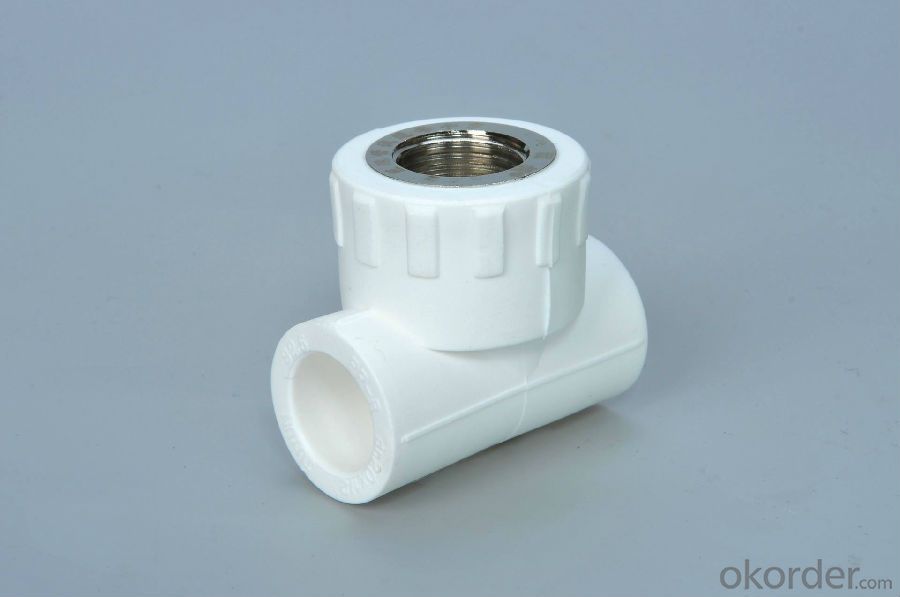
FAQ
Q1: How Can I Get A Sample?
A1: You can get samples by communicate with our export sales.
Q2: How Long Is Delivery?
A2: Delivery time will be30-45days according to order quantity.
Q3: What Is The MOQ?
A3: MOQ depends on different items.
Q4: What Is Our Normal Payments Terms?
A4: Our normal payment terms now is: T/T, L/C or western union, pay
- Q: Can plastic pipe fittings be used for chemical processing plants?
- Yes, plastic pipe fittings can be used for chemical processing plants. They are commonly used in such environments due to their resistance to many chemicals, corrosion, and their ability to handle high temperatures. However, it is important to select the appropriate type of plastic fitting that is compatible with the specific chemicals being processed to ensure safety and longevity.
- Q: What types of plastic are commonly used for pipe fittings?
- Some common types of plastic used for pipe fittings include PVC (polyvinyl chloride), CPVC (chlorinated polyvinyl chloride), and PEX (cross-linked polyethylene).
- Q: Can plastic pipe fittings be used for both hot and cold water supply?
- Yes, plastic pipe fittings can be used for both hot and cold water supply.
- Q: Can plastic pipe fittings be used for wastewater treatment facilities?
- Yes, plastic pipe fittings can be used for wastewater treatment facilities. Plastic pipes and fittings are commonly used in wastewater treatment facilities due to their corrosion resistance, durability, and ease of installation. They can effectively handle the transport of wastewater and are often preferred over other materials like metal or concrete in such applications.
- Q: Can plastic pipe fittings be used for food processing facilities?
- Yes, plastic pipe fittings can be used for food processing facilities. However, it is important to ensure that the plastic used is food-grade and meets all necessary safety regulations and guidelines.
- Q: Can plastic pipe fittings be used for high-pressure applications?
- No, plastic pipe fittings are not suitable for high-pressure applications as they are not designed to withstand the strong forces and pressures involved.
- Q: Can plastic pipe fittings be used for industrial waste disposal systems?
- Yes, plastic pipe fittings can be used for industrial waste disposal systems. Plastic pipe fittings, such as PVC or CPVC, are commonly used in various industrial applications due to their resistance to chemicals and corrosion. They are durable, cost-effective, and provide a reliable solution for managing industrial waste disposal systems.
- Q: Can plastic pipe fittings be used in irrigation sprinkler systems?
- Yes, plastic pipe fittings can be used in irrigation sprinkler systems. They are commonly used due to their durability, affordability, and resistance to corrosion. Plastic fittings are also easy to install and can withstand the high pressure and constant water flow required in sprinkler systems.
- Q: Are plastic pipe fittings resistant to erosion and abrasion?
- Yes, plastic pipe fittings are generally resistant to erosion and abrasion due to their durable and corrosion-resistant properties.
- Q: PE copper wire mesh plastic composite pipe connection in several ways?
- E copper wire mesh skeleton plastic composite pipe is connected by electric heating welding method and flange connection two ways. Electric melting connection is inserted into the electric melting pipe composite pipe, the electric heat wire is embedded on the surface of the heat pipe fitting.
Send your message to us
Small Plastic Pipe Fittings PPR Pipe Three Tee Fitting for Landscape Irrigation with High Quality
- Loading Port:
- Tianjin
- Payment Terms:
- TT OR LC
- Min Order Qty:
- 1000 pc
- Supply Capability:
- 100000 pc/month
OKorder Service Pledge
OKorder Financial Service
Similar products
Hot products
Hot Searches
Related keywords
